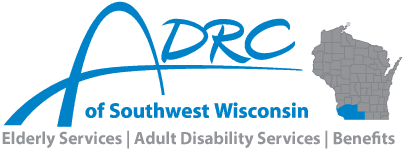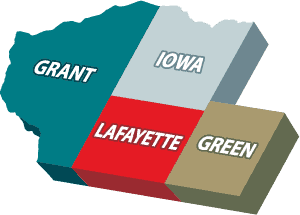Each year, as many as 1 in 10 older Americans are abused, neglected or exploited, only 1 in 14 cases of elder abuse ever come to the attention of authorities. Older Americans lose an estimated $2.6 billion or more annually due to elder financial abuse and exploitation, funds that could be used to pay for basic needs such as housing, food and medical care. Unfortunately, it occurs in every demographic and can happen to anyone — a family member, a neighbor, even you!
World Elder Abuse Awareness Day (WEAAD) was launched on June 15, 2006 by the International Network for the Prevention of Elder Abuse and the World Health Organization at the United Nations (UN). WEAAD aims to provide an opportunity for communities around the world to promote a better understanding of abuse and neglect of older persons by raising awareness of the cultural, social, economic, and demographic processes affecting elder abuse and neglect.
Please watch for displays of pinwheels in your community this month as a symbol for each report of elder abuse in each county!
There are many ways to get involved in strengthening our communities and preventing elder abuse:
It is up to everyone to prevent and address elder abuse. Talk about it – to your leaders, and to your neighbors.
- Advocate for elder abuse prevention and intervention programs.
- Raise public awareness by conducting presentations and distributing materials about elder abuse at senior centers, places of worship, physician offices, etc.
- Educate yourself and enable others to better recognize the warning signs.
Lend strength to existing social support structures
- Be a friendly visitor to an older person living in the community
- Provide support for someone who is a caregiver
- Don’t tolerate ageism–this begins with not making fun of older adults
Contribute to building new social support structures
- Report concerns to your local Adult Protective Services program or law enforcement
- Get involved with the Long-Term Care Ombudsman program, working to resolve problems related to the health, safety, welfare and rights of persons who live in long-term care facilities (e.g., nursing homes, assisted living).
Get more information about how to make a difference by visiting the National Center on Elder Abuse website ncea.acl.gov, by contacting the Eldercare Locator at 1-800-677-1116 or contacting your local ADRC to


